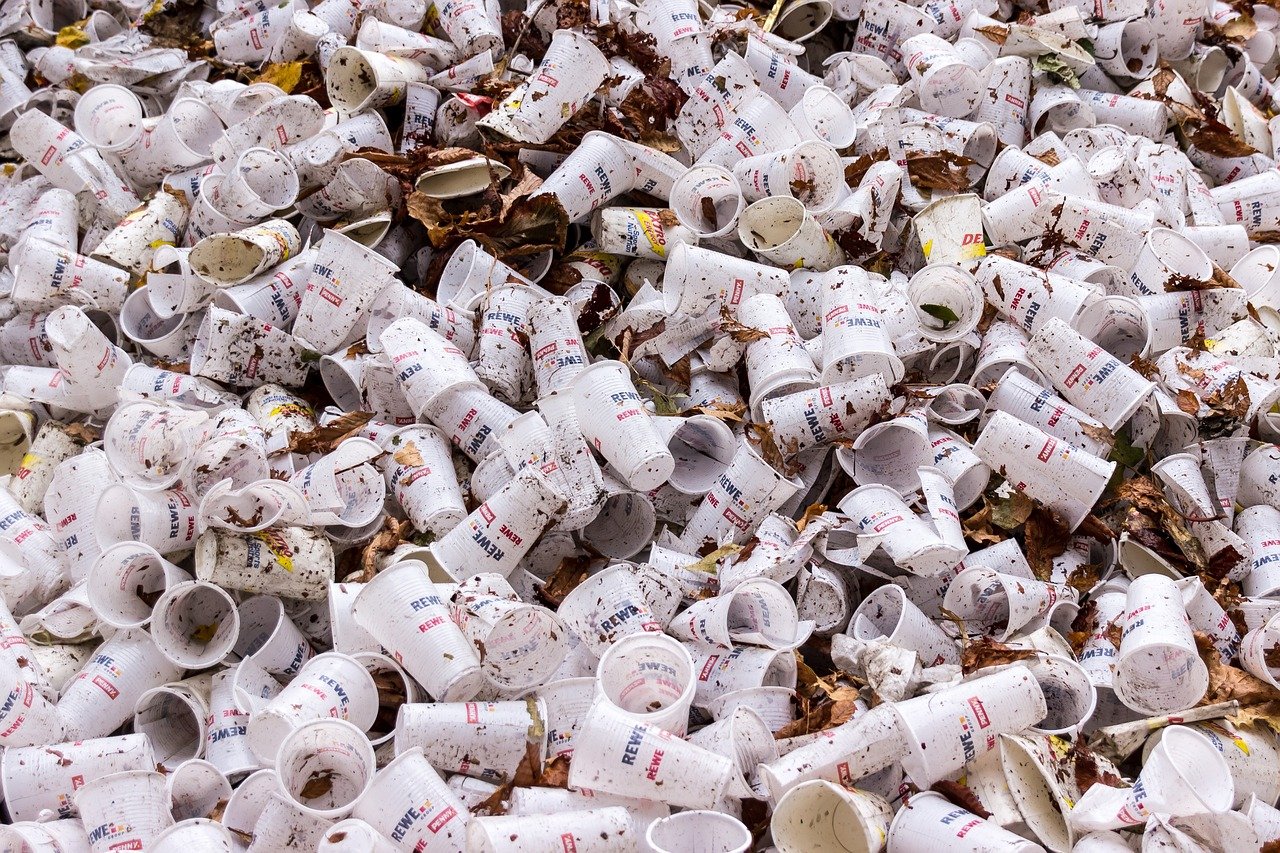Contact Us
Fill in the form below or you can also visit our contact us page.

Image by: meineresterampe from Pixabay
Greenpeace has recently warned that recycling plastic can make it more toxic and can lead to the release of more microplastic into the environment. Among others, they referenced a recent report in the Journal of Hazardous Materials Advances which found between 6 to 13 percent of the plastic processed could end up being released into water or the air as microplastics. They also pointed out that much plastic sent for recycling ends up getting burned and releasing poisonous gases into the atmosphere.
In addition to environmental pollution, a lot of plastic waste is moved from wealthier to poorer nations where it is dealt with by very low paid workers, thus shifting the main impact onto the most vulnerable in the world. Alongside all this as well of course is the fact that we do not fully understand the impact plastic packaging has on the foods it contains and thus how much we ingest and in what form. There are fears that recycled plastic packaging could perform even worse in this regard.
When we teach circular economy, we often emphasize that recycling is the “worst good way to behave”. It should be the action of last resort. Big companies and governments push it as a first action as it is simple and easy and can be profitable. As we see, it shifts blame and responsibility unfairly. In the case of plastic, perhaps we simply shouldn’t be doing it.